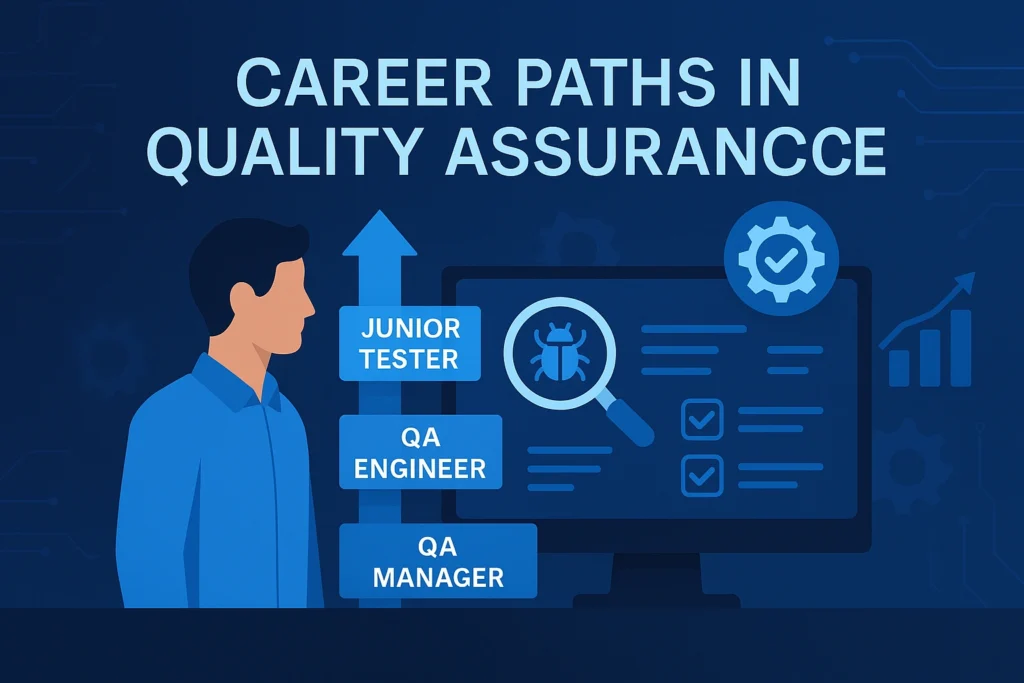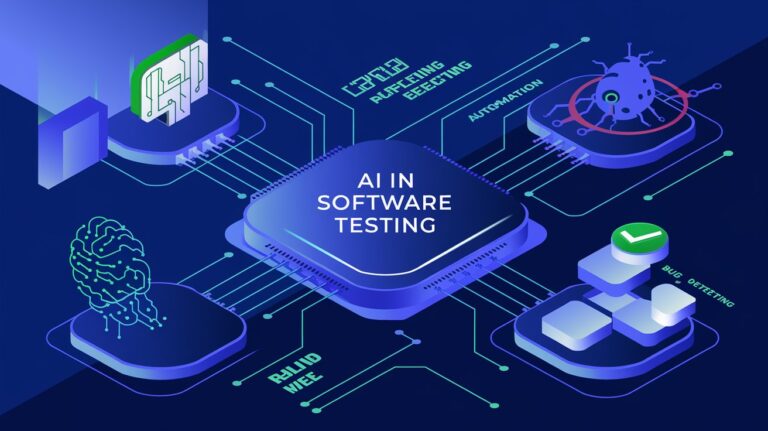Quality Assurance (QA) is no longer just a support function—it’s a strategic driver of software excellence. As companies strive for faster releases and higher product quality, the demand for skilled QA professionals continues to grow.
Whether you’re just starting as a tester or aiming to lead QA strategy across departments, this guide breaks down the career path in QA, including key roles, responsibilities, and how to level up at every stage.
Table of Contents
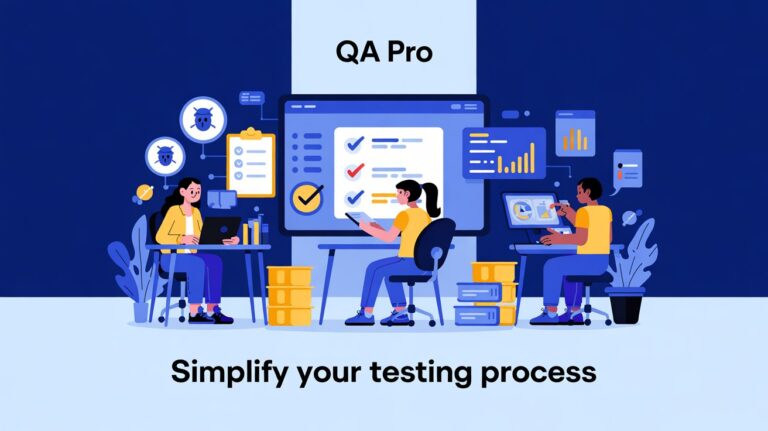
Why Choose a Career in QA?
Common QA Career Pathway
Core Principles of Six Sigma
Entry-Level Roles in QA
Mid-Level QA Roles
Advanced QA Roles and Specializations
Technical vs. Managerial QA Tracks
Skills Required at Every Stage
Certifications That Boost Your QA Career
Career Growth Tips for QA Professionals
Final Thoughts
Why Choose a Career in QA?

Quality Assurance professionals play a crucial role in building software that users trust. From catching defects early to improving user experience, QA has evolved into a dynamic, cross-functional discipline.
Why QA is a great career:
High demand across industries
Opportunity to work in Agile and DevOps environments
Pathways into automation, leadership, and technical specialties
Strong entry-level opportunities for newcomers to tech
Common QA Career Pathway

Most QA professionals move through the following roles:
Junior QA Tester
QA Analyst / Manual Tester
Automation QA Engineer / SDET
Senior QA Engineer
QA Team Lead / Test Lead
QA Manager / Test Manager
Head of QA / Director of Quality
Specialist Roles: Performance Tester, Security QA, etc.
Each role builds upon technical skills, domain expertise, and leadership capabilities.
Entry-Level Roles in QA
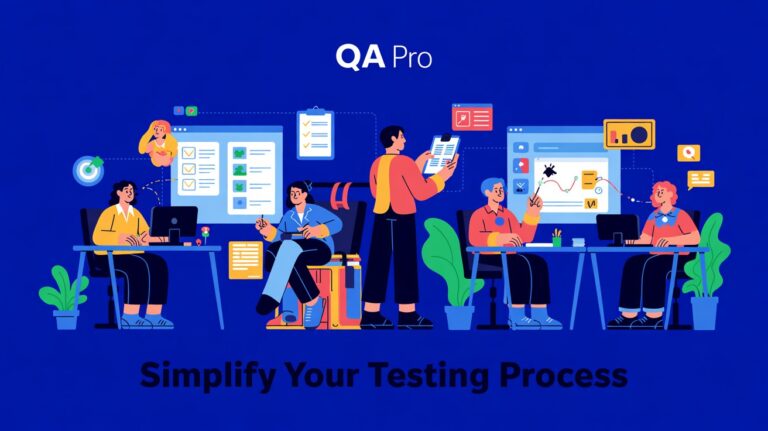
🔹 Junior QA Tester / Trainee QA
This is where most start. Focus is on learning test processes, tools, and reporting defects.
Key Responsibilities:
Execute test cases
Report bugs with clear steps
Learn bug tracking and test management tools
Skills to Build:
Understanding of SDLC/STLC
Familiarity with Jira, TestRail, or Zephyr
Basic knowledge of manual testing techniques
🔹 QA Analyst / Manual Tester
Next, testers move into more analytical roles, collaborating closely with business and development teams.
Key Responsibilities:
Write and review test cases
Analyze requirements
Perform exploratory testing
What to Learn:
Test case design (Boundary Value, Equivalence Partitioning)
Requirement traceability
Functional and non-functional testing
Mid-Level QA Roles
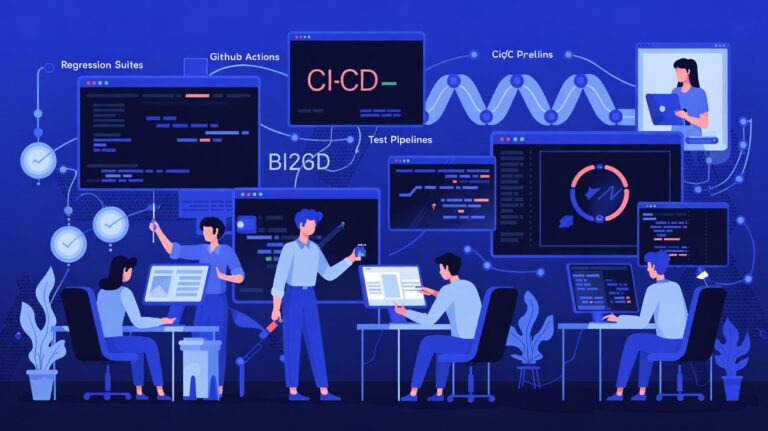
🔹 Automation QA Engineer / SDET
This role introduces programming and automation frameworks. You’ll develop scripts, maintain pipelines, and run regression tests automatically.
Core Tools to Learn:
Selenium, Cypress, Playwright
TestNG, JUnit
Git, Jenkins, Docker
Responsibilities:
Automate regression and smoke tests
Integrate automation into CI/CD
Debug and maintain flaky test cases
🔹 Senior QA Engineer
You’re now leading projects, mentoring juniors, and optimizing test strategies.
Responsibilities:
Lead test planning and documentation
Own test quality for major modules
Work closely with developers and product teams
Review test automation coverage
Key Skills:
Deep domain knowledge
Leadership and mentoring
Strong defect triaging and analytics
Advanced QA Roles and Specializations

🔹 QA Lead / Test Lead
You’re managing teams and overseeing release readiness.
What You’ll Do:
Assign tasks and review test deliverables
Ensure deadlines are met
Communicate QA status to stakeholders
Implement best practices
🔹 QA Manager / Test Manager
Now you’re managing multiple QA teams or projects.
Managerial Focus:
Budgeting and resource planning
Vendor and stakeholder coordination
Establishing KPIs and test processes
Driving QA strategy and quality culture
🔹 Director of QA / Head of Quality
This role is strategic and cross-functional. You set the QA vision.
Responsibilities:
Align QA with company objectives
Define organization-wide quality standards
Evaluate tools, teams, and testing effectiveness
Advocate for continuous improvement
Technical vs. Managerial QA Tracks

QA careers branch into two main directions:
| Track | Focus |
|---|---|
| Technical (e.g., SDET, Automation Architect) | Deep knowledge of tools, scripting, performance, security testing |
| Managerial (e.g., QA Manager, Director) | Team building, project oversight, stakeholder management |
Both are equally valuable—choose based on your strengths and passion.
Skills Required at Every Stage

| Stage | Essential Skills |
|---|---|
| Junior | Manual testing, bug reporting, SDLC knowledge |
| Mid-Level | Test design, API testing, automation |
| Senior | Test strategy, cross-functional communication, mentoring |
| Lead/Manager | Planning, people management, KPI tracking |
| Specialist | Domain expertise, advanced tools, security/performance techniques |
Certifications That Boost Your QA Career

Certifications help validate your skills and unlock new opportunities.
Recommended Certifications:
Career Growth Tips for QA Professionals
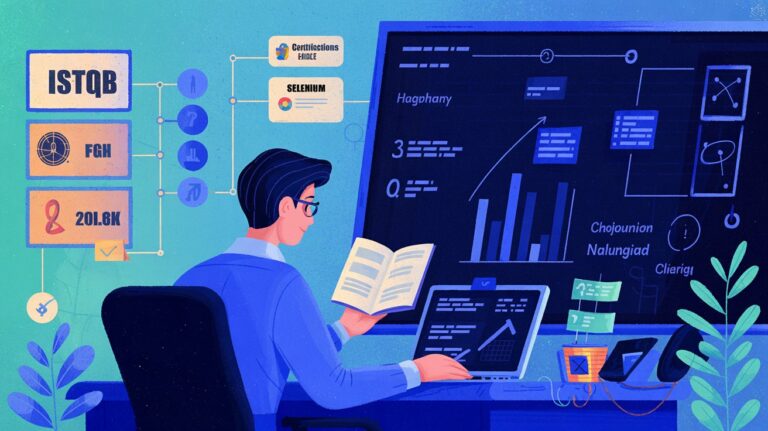
🧠 Learn Continuously: Follow testing blogs, take courses, and stay updated
🛠️ Master Tools: The more versatile you are, the more valuable you become
🗣️ Improve Communication: Collaborate better with dev, PMs, and business teams
📊 Track Your Impact: Document test coverage, bugs found, and improvements made
🤝 Network: Join QA communities, attend meetups, and contribute to forums
Final Thoughts

QA is no longer a backseat role—it’s a core driver of software success. Whether you’re writing your first bug report or leading a global QA strategy, the path ahead is full of growth and impact.
With dedication, learning, and the right tools, your journey from Junior QA Tester to QA Manager—or beyond—is absolutely within reach.



